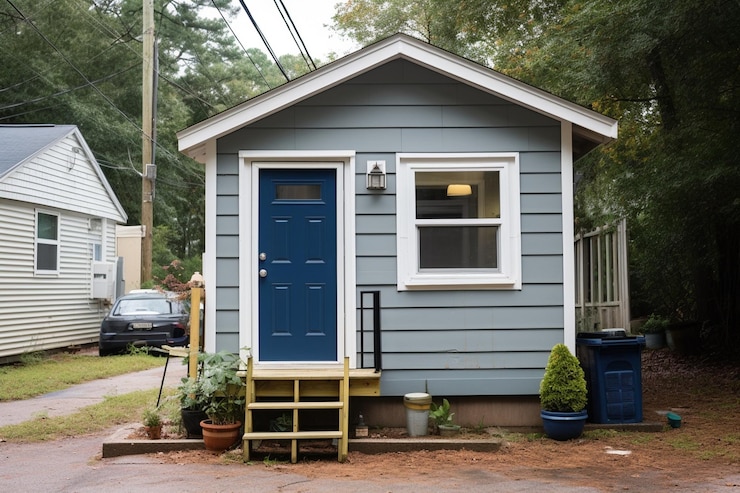As urban housing demands rise, homeowners are searching for smarter ways to expand living space and generate income. One trending solution is the Accessory Dwelling Unit (ADU). Whether you’re a homeowner looking to build one or just exploring the idea, understanding ADUs can help you make informed decisions. Let’s unpack the potential, cost, and legal considerations of these compact yet powerful residential additions. If you’ve ever wondered what does ADU stand for, this guide will walk you through everything you need to know.
What is an ADU, and Why Are They Gaining Popularity?
An Accessory Dwelling Unit (ADU) is a secondary residential structure on a single-family property. These units can be detached, attached, or converted of existing spaces like garages or basements. ADUs offer a flexible living arrangement and are becoming increasingly popular for their ability to house extended family members, serve as rental income, or simply expand usable living space.
The popularity of ADUs has surged due to housing shortages, rising property values, and updated zoning laws that encourage sustainable urban development. They offer homeowners a chance to maximize their property’s functionality without buying new land or relocating.
Different Types of ADUs You Can Consider
There are several types of ADUs, and the best choice often depends on your property size, budget, and intended use:
- Detached ADUs: Standalone units typically built in the backyard. They offer complete privacy and independence.
- Attached ADUs: Built as an extension of the main house, sharing at least one wall.
- Garage Conversions: Transforming an existing garage into a livable space.
- Basement ADUs: Converting a finished or unfinished basement into an independent living unit.
Each type offers unique benefits and challenges. Detached units may be more expensive to build but provide maximum privacy, while conversions are usually more cost-effective.

How ADUs Can Add Value to Your Property
Building an ADU is more than just gaining extra space—it’s a strategic investment. Here’s how ADUs enhance your property:
- Increased Property Value: Properties with ADUs generally appraise higher due to the added functionality and living area.
- Rental Income: Renting out your ADU can generate passive income, helping you cover mortgage or maintenance costs.
- Multi-Generational Living: An ADU allows aging parents or adult children to live nearby without infringing on your personal space.
- Flexibility: Use it as a guest house, home office, or short-term vacation rental.
Data from urban studies suggests that homes with ADUs can see a property value increase of 20–30%, depending on location and quality of the build.
Understanding the ADU House Cost and Building Regulations
The cost to build an ADU varies widely depending on design, location, materials, and local permitting requirements. On average, construction costs range between $100,000 to $300,000. To get a clearer idea of the ADU house cost, homeowners must consider:
- Site preparation and utility hookups
- Permit fees and design plans
- Construction materials and labor
- Landscaping and final inspections
Local zoning laws and building codes play a significant role. Some municipalities have streamlined ADU approval processes, while others may have strict regulations around size, occupancy, and parking. Consulting with local contractors or design-build firms can help navigate these requirements efficiently.
Common Challenges and How to Overcome Them
While ADUs bring many advantages, the process can involve hurdles:
- Permit Delays: Building permits can be time-consuming without the right guidance. Work with professionals familiar with your area’s building codes.
- Budget Overruns: Stick to a clear plan and work with reputable contractors to manage unexpected expenses.
- Utility Integration: Extending water, sewer, and electrical lines can be complex. Evaluate infrastructure early in the design phase.
Despite these challenges, careful planning can result in a smooth and rewarding building process.
Is an ADU Right for Your Property?
If you have available space and a need for flexible housing, an ADU could be a wise investment. Consider these factors:
- Your long-term plans for the property
- Neighborhood zoning and HOA rules
- Your financial readiness for construction and permitting
- Desire for additional income or family housing
A feasibility study from a local expert can help assess whether your property is a suitable candidate for an ADU.
Final Thoughts
Accessory Dwelling Units offer a smart, future-ready way to optimize property usage. Whether you’re looking to boost your home’s value, create rental income, or accommodate family members, building an ADU can be a practical and financially sound solution. By understanding the construction process, costs, and legal landscape, homeowners can make the most of their land and unlock new opportunities.



